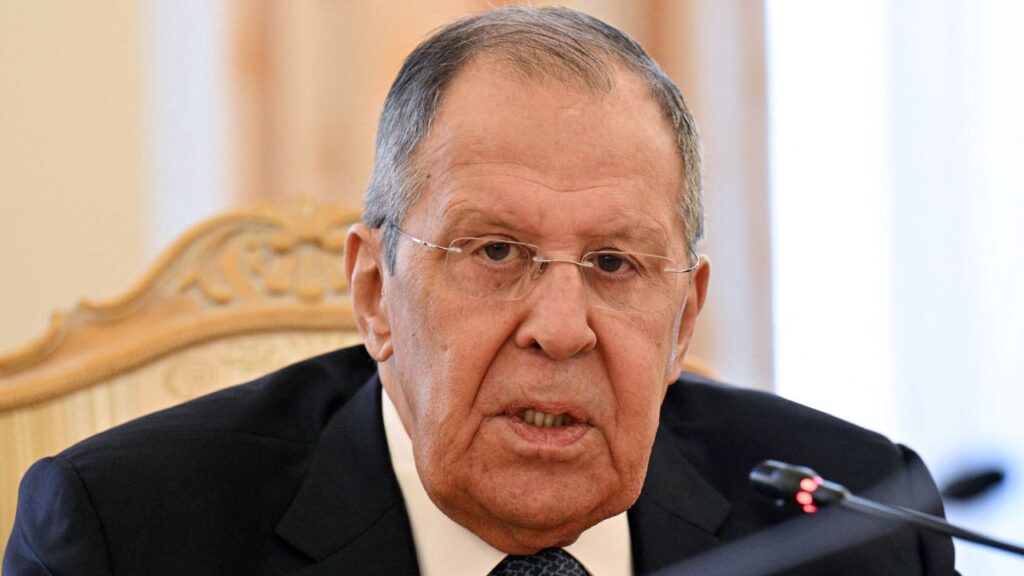Share
NEW YORK — The Jeffrey Epstein case has brought national attention to victims’ rights, from prosecutors shunning Epstein’s accusers more than a decade ago to the same women speaking about their suffering at an extraordinary court hearing last month.
If there was a silver lining to the saga, attorneys for the women said, it was the emphasis on the victims that permeated the most recent proceedings — a night-and-day difference from their treatment the first time Epstein found himself under federal investigation.
That enthusiasm was dampened Monday when a federal judge in Florida denied Epstein’s accusers compensation from the U.S. Justice Department, even after ruling that prosecutors violated their rights by failing to consult them about the 2008 plea deal they reached with Epstein.
Lawyers for the women are weighing an appeal, worried not only about precedent, but also the thousands of hours for which they were denied attorneys’ fees after 11 years of litigation.
Despite those setbacks, several advocates said, the Epstein case bolstered the national victims’ rights movement, an effort that has gained momentum in recent years as more states pass measures guaranteeing victims a voice in criminal proceedings.
The Epstein Case Could Have a Lasting Impact
U.S. District Judge Kenneth Marra echoed that sentiment in his ruling Monday, saying Epstein’s accusers could take solace “in the fact that this litigation has brought national attention to the Crime Victims’ Rights Act and the importance of victims in the criminal justice system.”
Some observers said the Epstein case could have a lasting impact on the treatment of victims at a time when the #MeToo movement has brought a greater focus to restorative justice.
Even after Epstein killed himself in his jail cell last month, U.S. District Judge Richard Berman invited his accusers to read impact statements before he dismissed the indictment, an opportunity their attorneys said would hasten their healing process.
“It was a red-letter day for the victims’ rights movement,” Paul Cassell, a former federal judge who represents some of Epstein’s accusers, said. “It’s likely to change the trajectory of some of the lives that were harmed by Epstein and put these events in the rearview mirror.”
Jennifer Freeman, a longtime attorney for child sex abuse victims, likened the hearing to the 2018 sentencing in Michigan of disgraced former sports doctor Larry Nassar, in which 156 women read victim-impact statements over seven days.
“This is part of a seismic shift in our culture and our legal system,” Freeman said. “It’s an enormous step forward.”

Voters Will Decide if States Adopt Marsy’s Law
Not everyone applauded Berman’s approach. Bruce Green, a former federal prosecutor in Manhattan, faulted the judge for what he described as a “rare if not unprecedented use of the courtroom” that had more of a dramatic than legal function.
The victims’ rights movement aims to “restore the balance” between the rights of victims and the accused in the criminal justice system.
Voters in Pennsylvania will decide in November whether to follow Florida, California and eight other states in adopting Marsy’s Law, a victims’ bill of rights named after a California college student who was stalked and killed in 1983 by an ex-boyfriend.
The law was passed but overturned in Montana and Kentucky. It has met resistance from groups like the American Civil Liberties Union, which warns that a proposed national Victims’ Rights Amendment would curtail due process.
“Identifying victims and allowing their interests to be heard before a jury returns a verdict contaminates the deliberation process and runs counter to the idea that all Americans are ‘innocent until proven guilty,'” the ACLU says on its website.
‘I Was Treated Like I Did Not Matter’
In the Epstein case, prosecutors faced withering criticism over a once-secret plea deal that shielded Epstein, and others accused of helping him recruit underage girls, from federal charges and allowed him to spend just 13 months in jail after pleading guilty to state charges.
Alexander Acosta, who oversaw the deal as U.S. attorney for the Southern District of Florida, resigned his post as labor secretary this summer amid renewed scrutiny of the agreement.
Epstein accuser Michelle Licata said in a statement filed in federal court that Epstein’s initial case “ended without me knowing what was going on.”
“I was treated like I did not matter,” she said.
This time around, she thanked prosecutors in New York for taking an entirely different approach after charging Epstein in July with conspiracy and sex trafficking. Attorney General William Barr said after Epstein’s death that his victims “deserve justice,” vowing to prosecute any co-conspirators.
“I was allowed to be a part of the process this time,” Licata said in the statement. “It means more to me than you can ever know.”
Categories



















